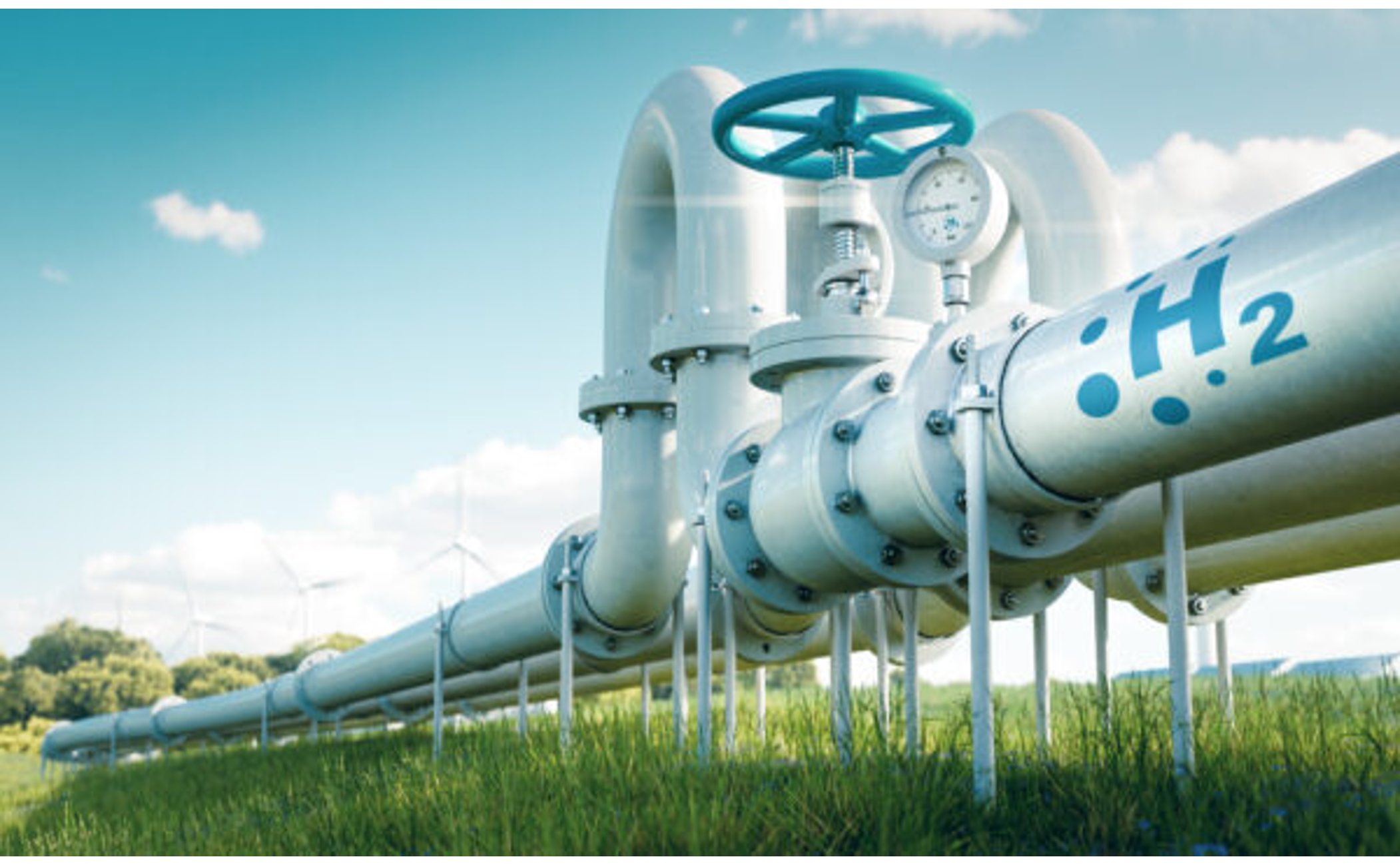🔜 Upcoming Event 📌
26-02-2026 | 16:00 - 17:00 | Lecture Hall B
ME Colloquium
Thijs Vlugt (P&E), Mahinder Ramdin (P&E)
19-02-2026 - Lecture Hall H
PostDoc Presentation

Cracks in a Hydrogen Future: Hydrogen Assisted Fatigue Crack Growth in Pipeline Steels
Anjali Jha
Hydrogen is widely regarded as a key enabler of carbon-neutral energy systems; however, its interaction with structural steels poses a serious challenge for the safe transport of pressurized gaseous H₂. Hydrogen ingress in pipeline steels can significantly accelerate fatigue crack growth under pressure fluctuations. This hydrogen-assisted fatigue crack growth (HA-FCG) is strongly influenced by environmental and mechanistic variables, such as hydrogen gas pressure and loading frequency, reflecting the coupled roles of hydrogen transport, cyclic deformation, and crack-tip fracture processes. Despite extensive efforts, the intrinsic mechanisms responsible for fatigue crack growth acceleration in hydrogen environments are still not fully understood. This work explores the development of a numerical framework for HA-FCG to help interpret experimental trends, assess the relevance of testing conditions, and support extrapolation to service-relevant regimes. The presentation introduces hydrogen embrittlement (HE) in steels, its role in HA-FCG, and how numerical modelling can contribute to a more mechanistic understanding of HA-FCG in pipeline applications.
The M&TT Colloquia is a colloquium series that is organized within the department of Maritime and Transport Technology at Delft University of Technology. The organization is done by PhD students from this department.
